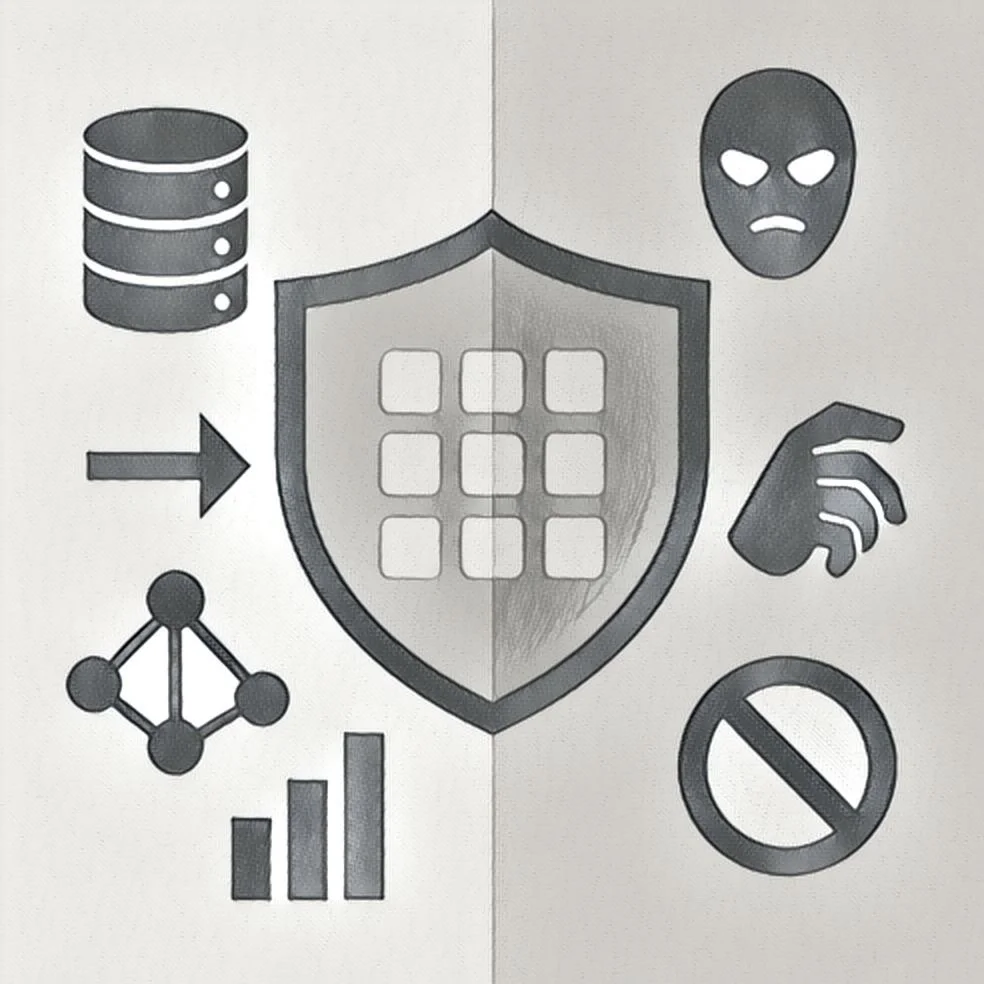All in Statistics
Improved Data Access Requires More than Analytics and Technology
Whatever the environment, new data management and analysis technology may be important, but success and sustainability will also be driven by how we manage it and by how successful we are in putting data users and their priorities into the driver’s seat.
No More Surveys!
I believe that polling numbers released to the public without serious methodological detail will be worthless and not to be trusted.
Can Government Regulations Drive Improvements in Enterprise Data Governance?
Government regulators need to be sensitive to the costs of complying with and overseeing the regulations they impose on data management, as do the organizations that are regulated. Costs related to data oversight, quality control, standardization, security, and privacy all need to be considered in comparison with the quantitative and qualitative benefits that will be generated.
Do People Really Understand What “Open Data” Means?
Ultimately the most important issue has to come down to deciding what level of data literacy citizens need. As the production and consumption of goods and services become more data-dependent in both developed and developing countries, it is reasonable to ask how much understanding of data and data related decisions people really need. I’ve referred to this elsewhere as data management literacy. Maybe we also need to consider data consumption literacy. After all, if people don’t understand or appreciate the services we’re providing, no amount of standardization, interoperability, or transparency is going to make any difference.
Now we’re seeing more attention being paid in the public sector to data management strategy as data assets become a more visible — and public — components of government action. That’s a good thing.
The Changing Culture of Big Data Management
In some ways managing “big data” tools and processes is no different than figuring out how to manage any other type of technological innovation. The technology is introduced, experts emerge and help control and shape evolving practical applications, and management eventually figures out what is worth keeping and what can be discarded.
How To Make Datathons and Hackathons Sustainable
What’s a “datathon”? Here’s one suggested definition from NYU’s Institute for Public Knowledge:
How Our Increasing Digital Connectedness Improves Government Program Evaluation
There will always be a need to conduct formal evaluations of how well government programs perform. Such evaluations must take into account the complexity of programs and the need to distinguish among short term and long term impacts and the intervening conditions that also impact program effectiveness.
Learning from the World Bank’s “Big Data” Exploration Weekend
If you’re serious about data analysis there’s probably no substitute for getting “down and dirty” with real, live, messy data. Sometimes you just have to sift through the numbers with your “bare hands” if you really want to extract meaning from descriptive statistics, predictive models, and fancy visualizations.
How Will We Know When "Sequestration" Hurts Us?
Given availability of data on government programs from sources as diverse as Performance.gov, Data.gov, Sunlight Foundation, and the State of the USA project, where can we go for impartial reporting on the impacts sequestration will have on the US economy?
In Forrester’s Top 15 Emerging Technologies To Watch: Now to 2018, Brian Hopkins provides a peek at the results of an online survey conducted in 2012 to answer a question about what respondents feel the most “disruptive” technologies will be.
How Has the Definition of "Scholarly Journal" Changed?
I think this is another case where to change behavior you need to change motivation and the only way to that in such a complex environment is through education and through support of viable alternatives.
It’s fashionable these days to point to Facebook’s ascendancy as why Google-type search’s dominance of the Internet is over.
This chart shows the distribution of the past month’s visits to Dennis McDonald’s Web Site, by operating system, as of January 18, 2011:
How Many Dead People Are On Your Online "Friends" Lists?
Here are some data on U.S. deaths by age group based on deaths per 100,000 of population:















